Nestled in the heart of Cambodia lies the breathtaking Tonle Sap Lake, a true gem that captivates visitors with its natural beauty and cultural significance. Recognized as a UNESCO World Heritage site, the lake showcases the unique and vibrant culture of the region while offering a haven for biodiversity. In this blog post, we will explore Tonle Sap Lake, delving into its historical importance, ecological wonders, and its status as a World Heritage and Cultural Destination.


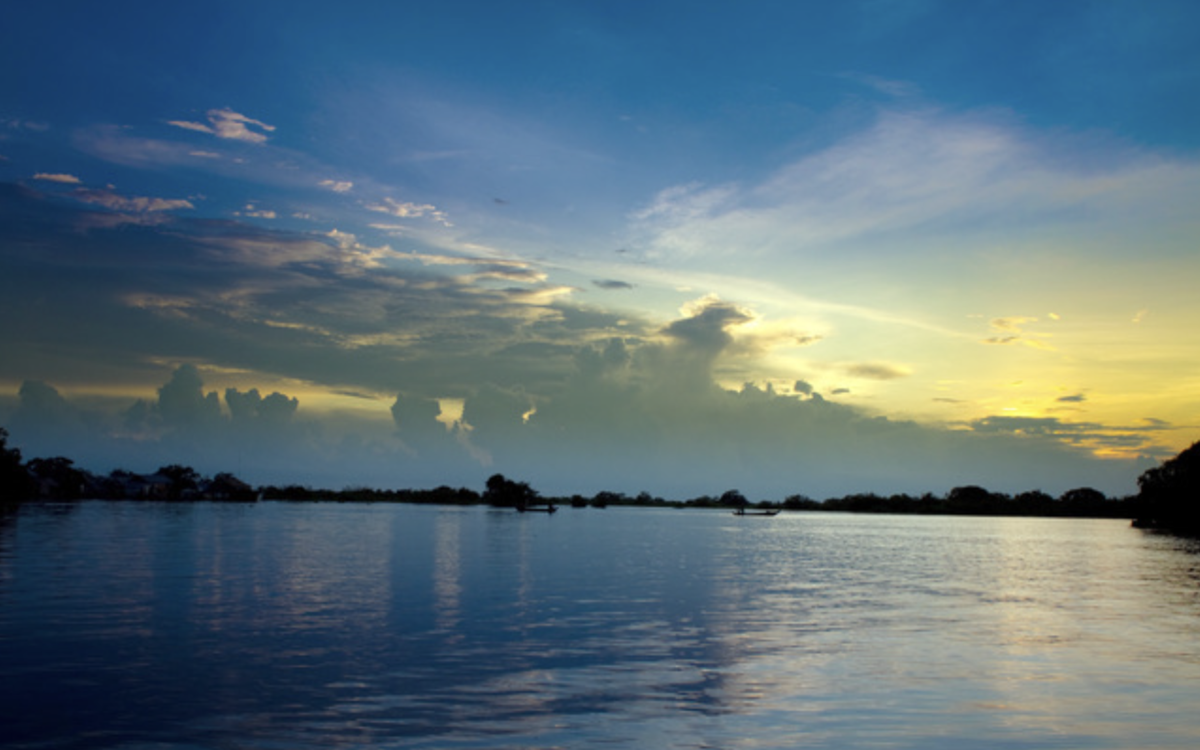
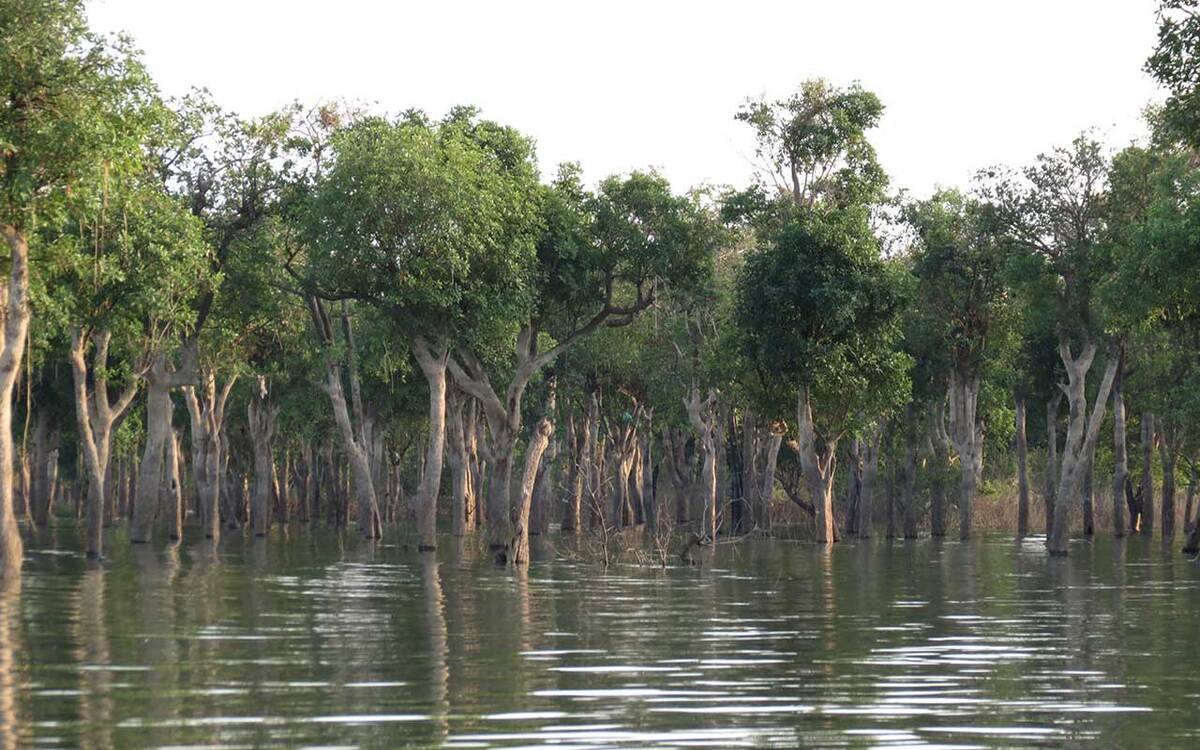
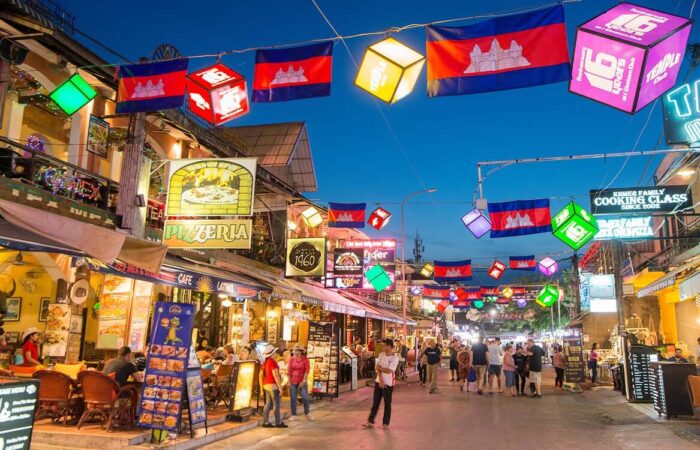
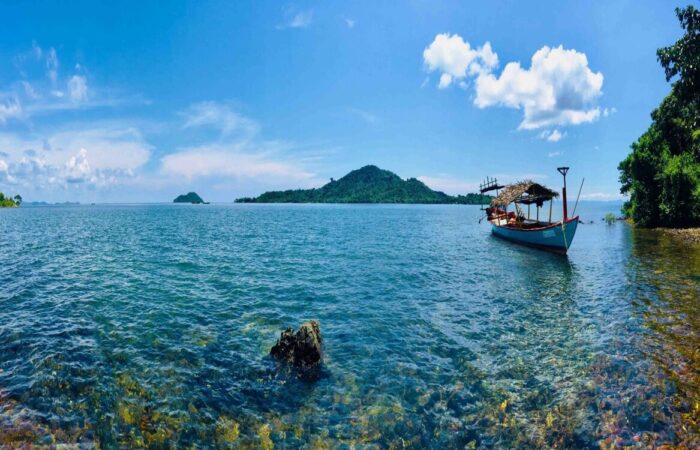
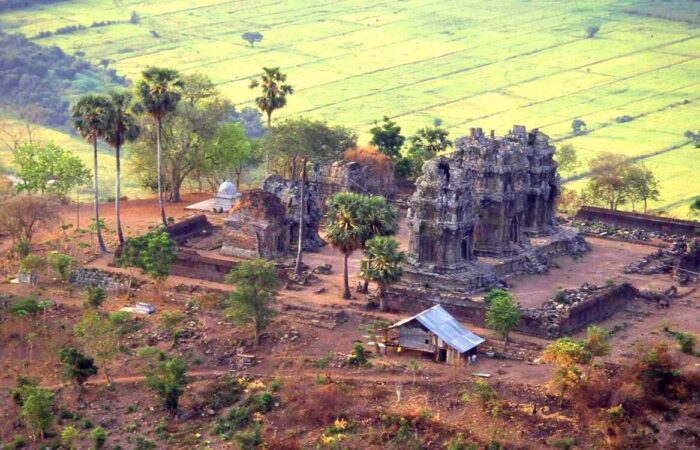
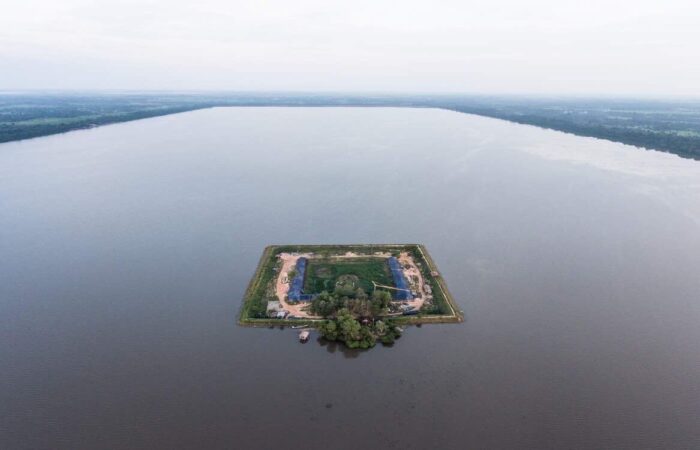
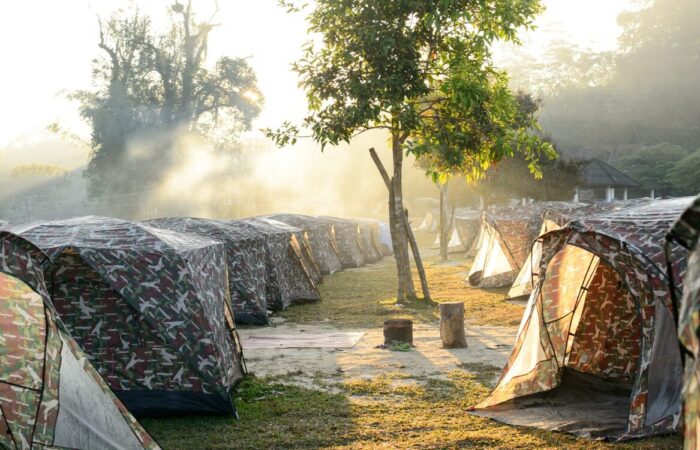
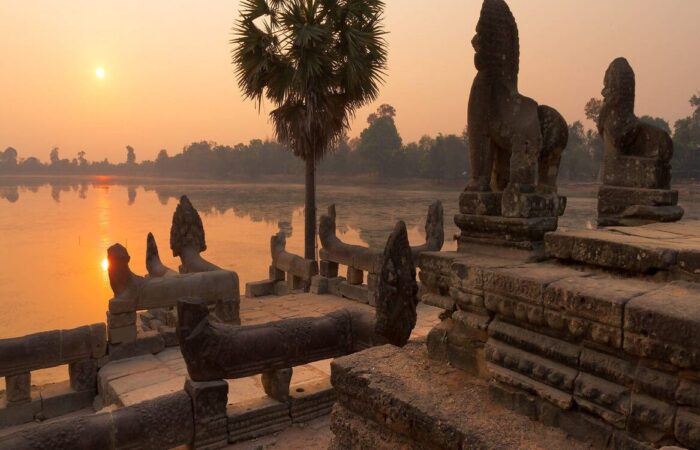

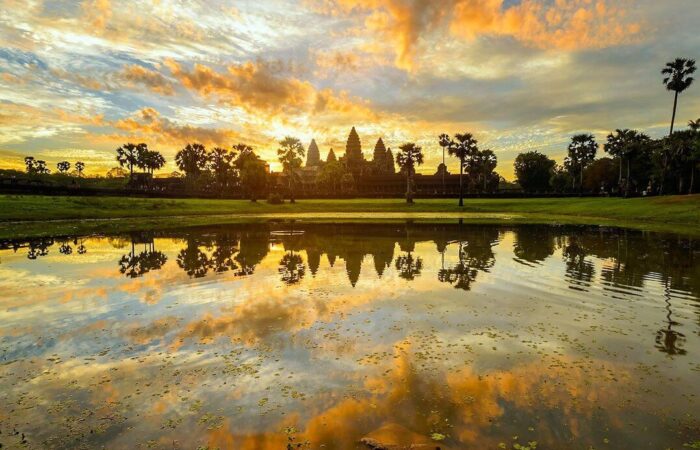
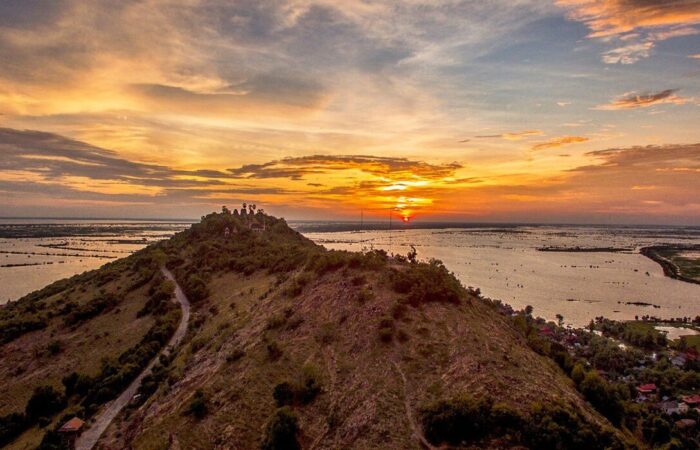
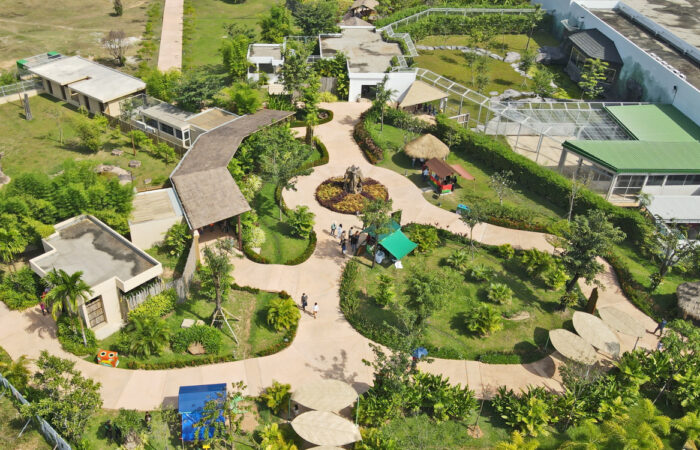
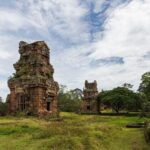
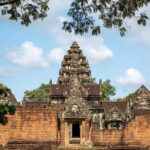
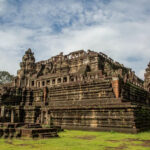
Wow, amazing weblog structure! How lengthy have you been running a blog for?
you made running a blog look easy. The total glance of your website is fantastic, let alone the content!
You can see similar here najlepszy sklep